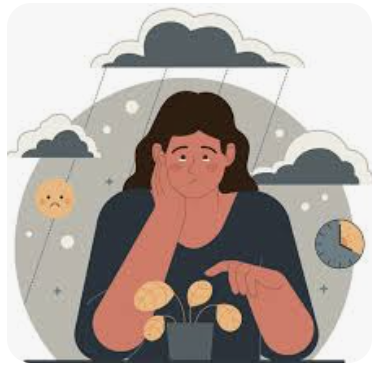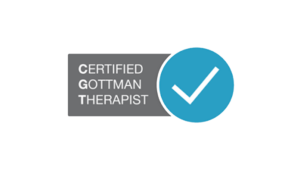Seasonal Affective Disorder (SAD) is a type of depression that typically occurs during specific seasons, most often in the winter months when sunlight is scarce. This condition can affect your mood, energy levels, and overall well-being. At Kingston & Co Counseling, we understand how the changing seasons can impact mental health and are here to help you navigate these challenges.
What is Seasonal Affective Disorder?
SAD is more than just the “winter blues.” It’s a recognized mental health condition that affects millions of people annually. Common symptoms include:
- Persistent feelings of sadness or hopelessness.
- Low energy and fatigue.
- Difficulty concentrating.
- Changes in sleep patterns (oversleeping or insomnia).
- Cravings for carbohydrates, leading to weight gain.
- Withdrawal from social interactions.
These symptoms are often linked to reduced exposure to natural light, which can disrupt your body’s internal clock and affect serotonin and melatonin levels, hormones that regulate mood and sleep.
Managing SAD: Practical Strategies
- Light Therapy
Light therapy, or phototherapy, is a common treatment for SAD. This involves sitting near a specially designed lightbox that mimics natural sunlight. Regular use can help regulate your internal clock and boost serotonin production.For more severe cases, combining light therapy with professional counseling can be highly effective. Learn more about Individual Psychotherapy services we offer. - Stay Active
Physical activity is a natural mood booster. Exercise releases endorphins, which can counteract feelings of depression. Even a daily walk outdoors can be beneficial, as exposure to natural light can enhance the effects of exercise. - Therapy and Counseling
Talking to a therapist can provide valuable insights and coping strategies. Whether it’s cognitive-behavioral therapy (CBT) or another form of counseling, having a professional guide you can make a significant difference. If SAD affects family dynamics, consider exploring Family Therapy. - Healthy Lifestyle Choices
Maintaining a balanced diet, getting adequate sleep, and managing stress levels are essential. Small changes, like incorporating omega-3 fatty acids or vitamin D into your diet, can have a positive impact.
When to Seek Help
If SAD symptoms persist and begin to interfere with your daily life, it’s time to seek professional support. Untreated SAD can lead to more severe depression and other complications. At Kingston & Co Counseling, our team is experienced in helping clients manage seasonal mood disorders effectively.
Taking the First Step
Seasonal Affective Disorder is a manageable condition with the right support and resources. Our team at Kingston & Co Counseling is dedicated to helping you find relief and build resilience. Contact us today to schedule a consultation and take the first step toward brighter days.
For additional resources, explore our Blog or visit our Contact Page to learn more about our services.







